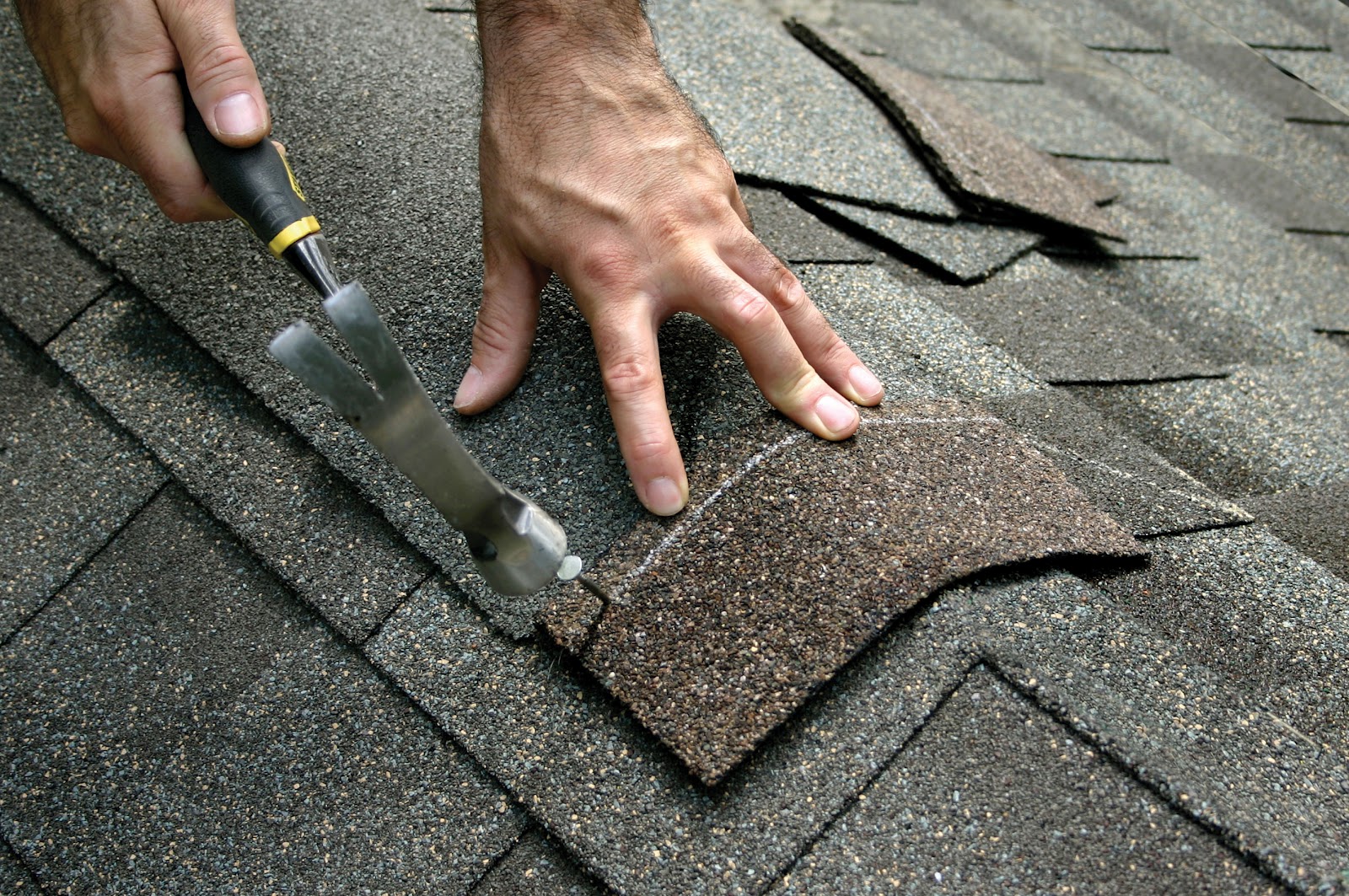
There are three different commercial roof types that are among the most popular choices. Each of them come with their own advantages and disadvantages. We’ll be taking a look at those shortly.
This should serve as a guide to help you make the determination of which type of commercial roofing contractors you want for your business. Of course, it will depend on the size and design of the building itself. It’s important for you to consider your options wisely (especially if you have a specific amount of money set off to the side). Some of these advantages might be enough for you to make a choice (while one disadvantage might serve as a dealbreaker).
Let’s dive into the list of commercial roof types and the pros and cons that go along with them:
1. Flat Roofs
Flat roofs are by far the easiest to install (especially by professionals). Since they are not steep in pitch, they require fewer materials. Plus, most flat roofs are energy efficient and don’t produce a lot of waste.
Unfortunately, one major disadvantage that flat roofs have is drainage. There will be plenty of standing water and could lead to roof damage if nothing is done about it sooner rather than later.
2. Low-Sloped Roofs
While not high in pitch, these roofs are perfect for water drainage given their design. Thankfully, the water can be rerouted to gutters, pipes, and drains. These require less square footage compared to roofs of a higher pitch. Roof coating may be a good option for these types of roofs.

These roofs won’t handle snow well in the wintertime. So you’re going to need to clean it off as soon as a large amount of snow has fallen (at minimum at least 4 inches). The more snow that piles up on the roof, the more weight it adds on causing a potential collapse.
3. Pitched Roofs
Much higher in height compared to low-sloped roofs. These types of commercial roofs provide something that low-sloped roofs do not: better water drainage and easy snow removal. If you are looking to avoid leaks and potential water damage, a pitched roof definitely is the go-to option.
For higher pitched roofs, maintenance and repairs will be difficult. And the need for increased safety features will come into play. If you need some work done on the roof, it’s better to leave it to the professionals.
Final Thoughts
These three commercial roof types listed above are among the most popular choices for business owners. With advantages come the disadvantages that balance each other out. Before choosing a roof of your choice (even before your commercial building is constructed), you need to know what you can be able to handle in terms of advantages and disadvantages.
For example, if you choose a pitched roof, you’ll love the water drainage. But you might not be too inclined to do any maintenance yourself for safety reasons. If you are willing to hire a professional to do maintenance, so be it.
With so many commercial roof choices out there, there is something for almost every business owner. One advantage might be good enough for them (while one disadvantage may get them to reconsider). This article is brought to you by one of the best Atlanta roofing companies, Colony Roofers.
